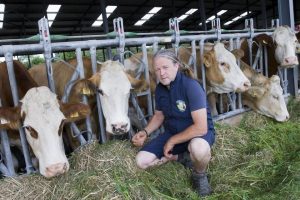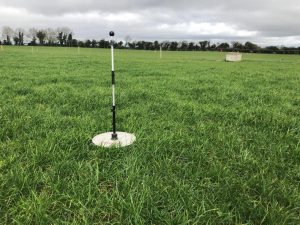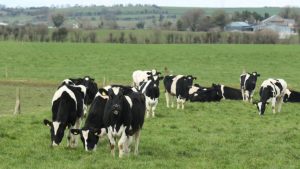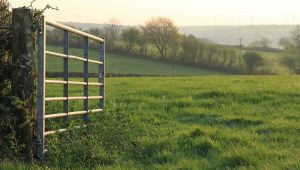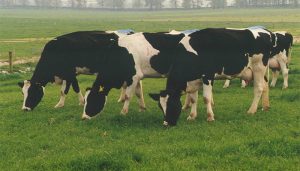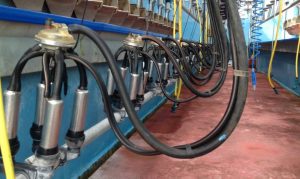
And a request for Minister for Agriculture, Food and the Marine, Charlie McConalogue, to review the scheme and include such farmers was ruled out.
The scheme will reward farmers with a €100/ha payment for all silage/hay cut up to a maximum of 10ha, meaning that farmers would be eligible to receive up to €1,000 each.
However, the scheme – designed to incentivise beef and sheep farmers to maximise the fodder available to them next winter – excludes dairy farmers.
Minister McConalogue referenced the scheme in response to a question to him about what measures he is taking to support the farming and livestock sectors, and to prevent a fodder crisis in the coming winter months.
“The €1,000 provision will be an important scheme to support farmers,” he told the Dáil, in response to Deputy Cathal Crowe’s question.
“If farmers grow the silage and hay, they will be paid up to €1,000, at €10/ha. It is an important initiative. Given the challenges we have had over the past decade, with fodder shortages in two or three of those years, it is essential that we have all hands on deck,” he added.
“We need a wartime response over the coming months, because that is the extent of the challenge, to ensure we have the silage pits and hay barns full going into the winter ahead,” he said.
‘Elephant in the room’
But Deputy Crowe, while welcoming the silage support scheme as a “positive development that will put money back in the pockets of farmers”, said the exclusion of dairy farmers was the elephant in the room.
“They [dairy farmers] are again asking whether they will be considered for inclusion,” Deputy Crowe said.
“We are heading into late May and the silage season is upon us. Dairy farmers will see their beef counterparts receiving €100/ha, up to a maximum of 10/ha. It is a positive intervention but there are many farmers losing out.”
Deputies Michael McNamara and David Stanton chimed in on the debate also, generating the following response from Minister McConalogue:
“We gave their [dairy farmers] inclusion great and careful consideration and took on board the advice and evidence we were given.
“The assessment from Teagasc is that the activity on dairy farms is very strong and the farmers are making the silage as usual,” he said.
Later, in an interaction with Deputy Brendan Griffin, relating to the supports necessary for farmers who are tied into fixed milk-price contracts, the minister, again, referred to the silage -support scheme.
“We did not apply that payment to the dairy sector in general because, thankfully, we are seeing record prices for milk,” he said.
“Teagasc figures will show that the increase in the milk price is exceeding the increase in costs. As such, profits should be strong and the evidence show that activity at farm level in saving fodder has also been strong.”
However, he conceded that those farmers on fixed contracts are facing great challenges.






